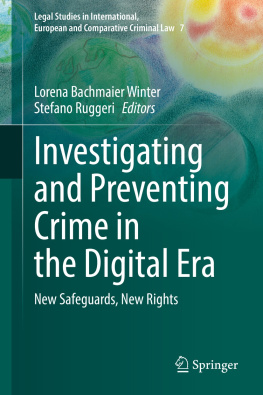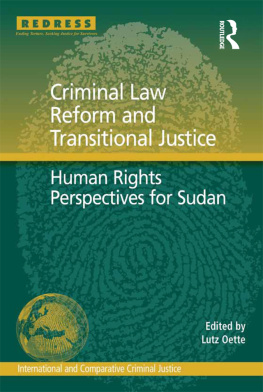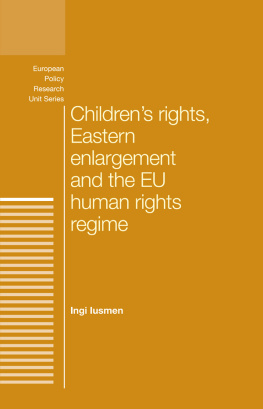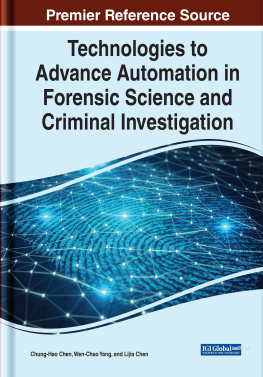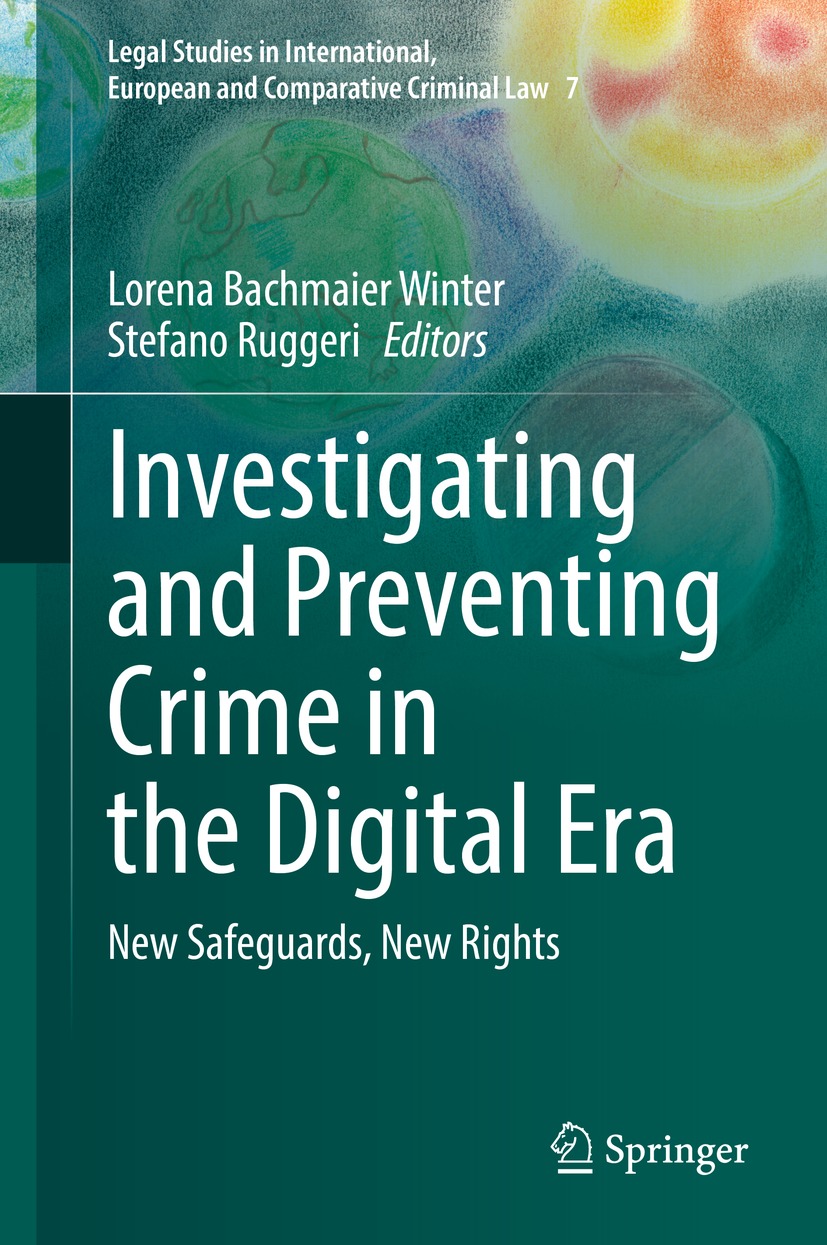Lorena Bachmaier Winter - Investigating and Preventing Crime in the Digital Era: New Safeguards, New Rights
Here you can read online Lorena Bachmaier Winter - Investigating and Preventing Crime in the Digital Era: New Safeguards, New Rights full text of the book (entire story) in english for free. Download pdf and epub, get meaning, cover and reviews about this ebook. City: Cham, year: 2022, publisher: Springer, genre: Science. Description of the work, (preface) as well as reviews are available. Best literature library LitArk.com created for fans of good reading and offers a wide selection of genres:
Romance novel
Science fiction
Adventure
Detective
Science
History
Home and family
Prose
Art
Politics
Computer
Non-fiction
Religion
Business
Children
Humor
Choose a favorite category and find really read worthwhile books. Enjoy immersion in the world of imagination, feel the emotions of the characters or learn something new for yourself, make an fascinating discovery.
- Book:Investigating and Preventing Crime in the Digital Era: New Safeguards, New Rights
- Author:
- Publisher:Springer
- Genre:
- Year:2022
- City:Cham
- Rating:5 / 5
- Favourites:Add to favourites
- Your mark:
Investigating and Preventing Crime in the Digital Era: New Safeguards, New Rights: summary, description and annotation
We offer to read an annotation, description, summary or preface (depends on what the author of the book "Investigating and Preventing Crime in the Digital Era: New Safeguards, New Rights" wrote himself). If you haven't found the necessary information about the book — write in the comments, we will try to find it.
The book addresses the problems and potentials in the areas of criminal prevention and criminal investigation, taking into account that due to electronic surveillance and the progress in the use of big data for identifying risks, the borders between preventive and investigative e-measures is not clear-cut.
Lorena Bachmaier Winter: author's other books
Who wrote Investigating and Preventing Crime in the Digital Era: New Safeguards, New Rights? Find out the surname, the name of the author of the book and a list of all author's works by series.

